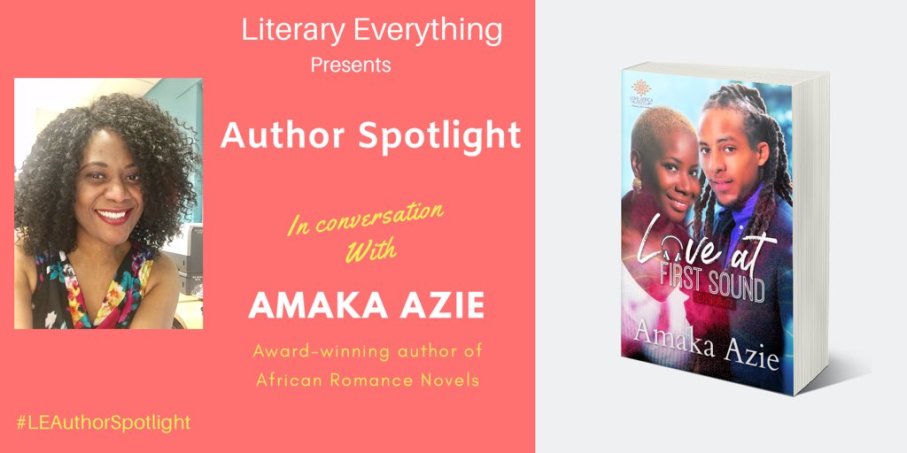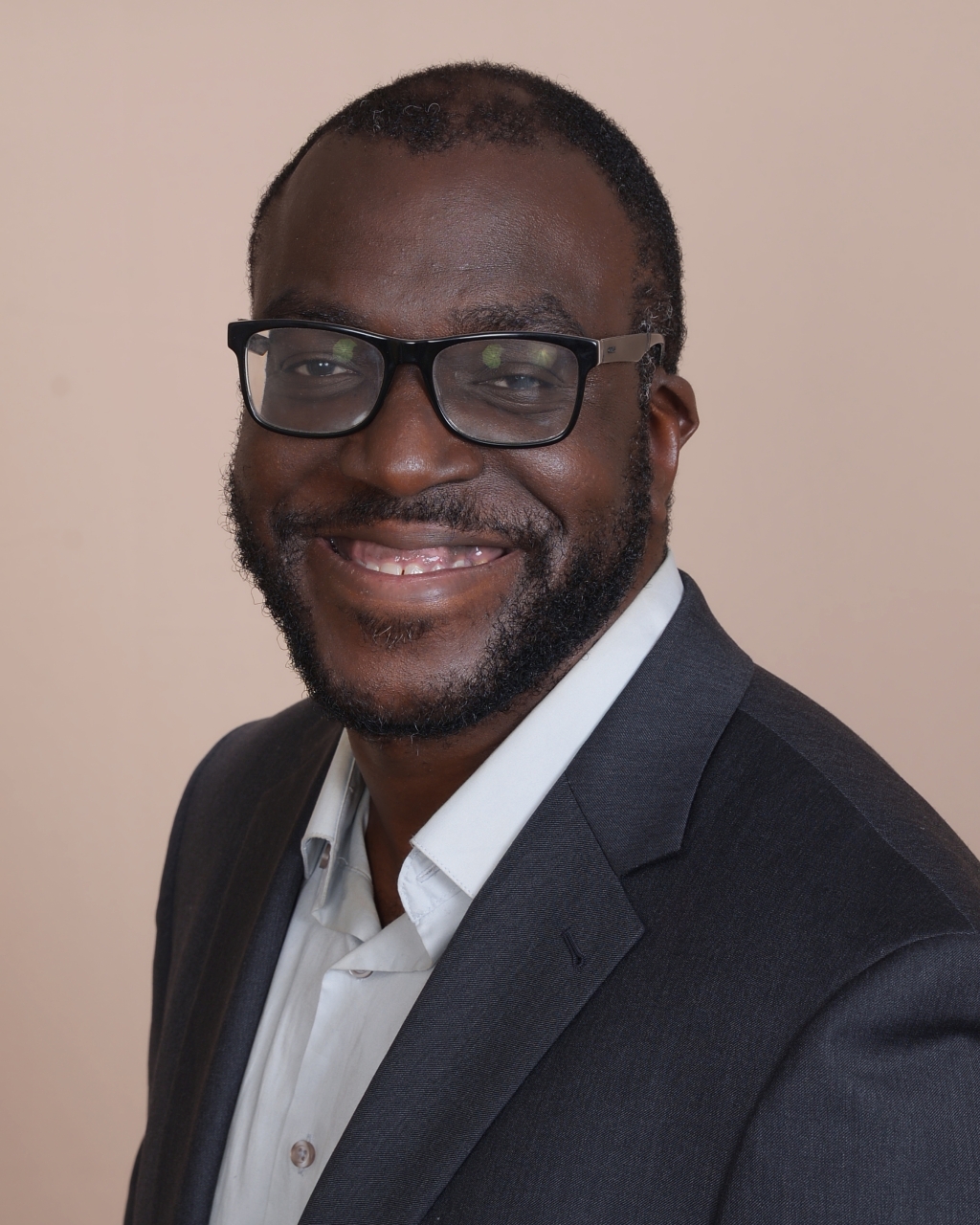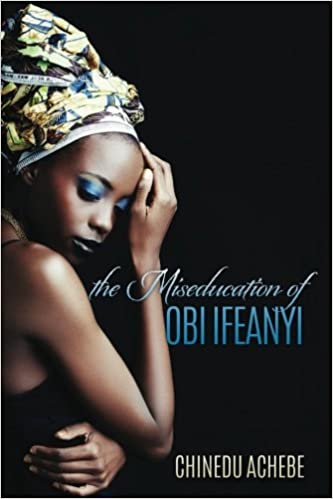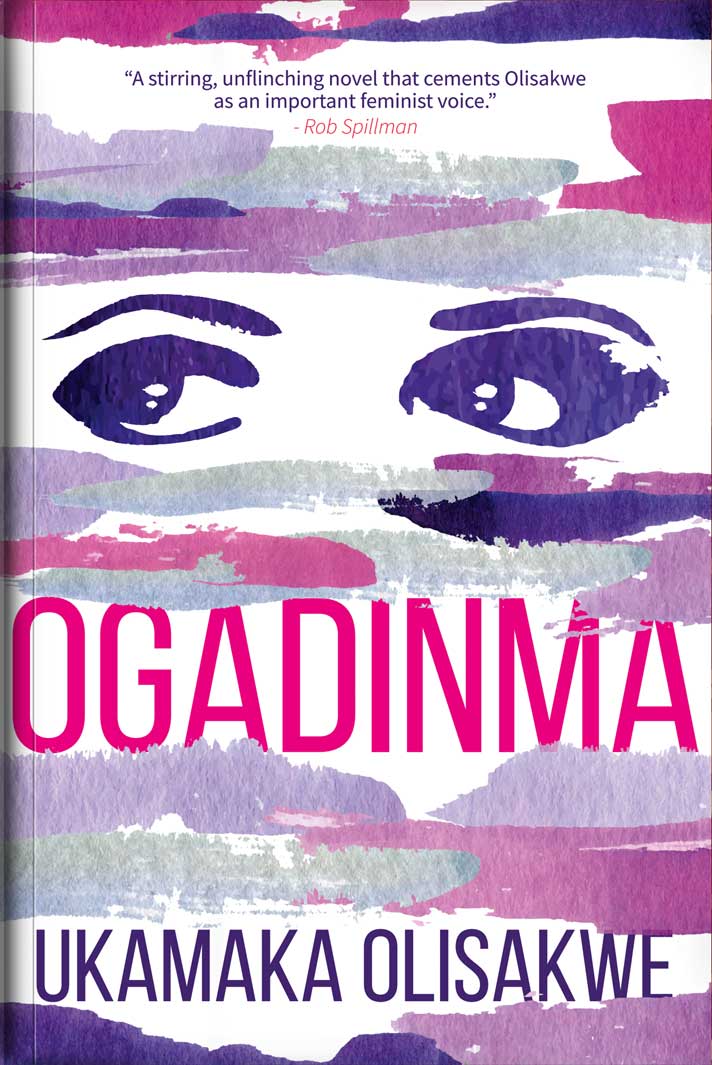
Hi guys, today on #LEAuthorSpotlight, we will be chatting with Amaka Azie, award-winning author of African romance novels. We reviewed one of her books, Thorns and Roses on our blog.
LE: Hello Amaka, thank you for joining us on #LEAuthorSpotlight. Let’s start with chatting about writing. Tell us about the process for writing, do you have a timeline for research, outline and writing?
Amaka: Hello. It’s great to be here and thanks for having me. I usually start with an idea. Then I try and put a sketchy outline and build from this. I research as I write. I’m not one of those writers who spends so much time researching before putting pen to paper.
LE: Since 2016 when your first book, Melodies of Love was published you’ve published 5 other books and contributed to an anthology. How are you able to publish so often?
Amaka: Hahaha. My sisters ask me that question all the time. I write romance fiction. Relationships happen every day and it’s easy to have ideas. Every day, there’s someone falling in love, getting married and breaking up. Romance is a genre an author can keep dishing out without reservation.
LE: Okay, it’s good to know we are not the only ones curious about this.
Amaka: Not at all. I get that all the time. But there are romance authors like Nora Roberts and Ms Beverly Jenkins who keep releasing lovely books almost every three months.
LE: What is the most difficult thing about writing about things you have not experienced, for instance, writing about characters of the opposite sex?
Amaka: I think trying to put yourself in another person’s shoes is hard. I am a fiction junkie. I read a lot and watch television a lot. So I have an idea what people’s reactions could be. I may not be right all the time but I try to be close.
I don’t think one has to experience being a killer to know how to write about killers. I think it’s a bit like acting, try to imagine what someone’s response to a situation is and use that energy. That’s how I write dialogues. I read it out to myself too.
LE: The research also comes in handy here, right?
Amaka: Yes. Research also helps with writing about things and places you don’t know.
LE: Have you ever learned something from a negative comment in a book review and incorporated it in your subsequent writing?
Amaka: Of course!
Someone once told me “why must your characters kiss the breast through clothes? Switch it up a bit!” 😩🤦🏾♀️ Now, I can’t seem to write that anymore. 😂😂😂
LE: Ha ha ha. I can tell you we don’t miss it. Okay bye… 🏃♀️
Amaka: Ha ha ha. And many more things. Like describing someone by comparing them to a celebrity.
A reader once said she prefers to use her own imagination to picture the characters and not have to have one forced on her.
I learn everyday 😊
LE: Absolutely. Even for us who read and review books, we learn every day.
You’ve written about the older woman – younger man protagonists back to back now. Any particular reason for the recurrence of this in Love at First Sound?
Amaka: No reason. In fact, in Love at First Sound, the characters had a mind of their own. It started out as a story between two main characters of the same age, but after the fourth chapter, Emem decided she wanted to be older. 😂
I had to re-write the first few chapters again.
LE: Oh wow. Didn’t see that response coming… 🤣
Your books usually discuss a social issue, in Love at First Sound, you touched on fertility, dyslexia, faith healing, locks etc. Why these issues and how do you decide which issue to address?
Amaka: I start off with outlining each character’s traits. What makes them tick, quirks they have, their background etc. For example, Emem comes from a religious background. I needed to showcase how that shaped her into who she is. And fertility issues was part of the initial outline too.
Yomi is biracial. It became part of the narrative to talk about how his mixed heritage affected him and the challenges it brought.
LE: So, you may have a specific social issue like fertility and other social issues just happen to be part of the characters’ backstory?
Amaka: Yes. Although in this story, the characters took over. The outline I had had been simple initially, but their background stories just kept bursting out and demanding to be told. I decided to go with the flow and that’s how Love at First Sound published by Love Africa Press happened.
LE: Love at First Sound has lengthy and explicit sex scenes, should it be rated R for this reason?
Amaka: I think it has adequate sex scenes as any sensual romance novel should. Sex is a natural aspect of relationships and a romance writer shouldn’t shy away from writing sex scenes. They should be descriptive and engaging as a thriller/suspense reader expects a murder scene to be.
So no R rating. It’s romance fiction. Not erotica. A contemporary romance reader should expect some sex scenes.
What I tell readers who squirm about sex scenes to do, is simply skip them and enjoy the story. Nobody holds a gun to your head and forces you to read ‘em. 😊
LE: We don’t think it is about squirming at sex scenes, ratings simply let readers to know what to expect and whether or not it would be appropriate for certain ages. Not all romance fiction novels have lengthy and explicit sex scenes.
Amaka: Well it’s not erotica so I won’t apply an R rating. I read a lot of contemporary romance. Sex scenes are a natural part of the storyline. Only Nigerian readers have mentioned putting an R rating. I guess sensuality is something as a continent, we Africans shy away from.
LE: How do readers, in general and social media, in particular influence your writing? Do you try more to be original or to deliver to readers what they want?
Amaka: Oh as a writer, I love social media. Most of my ideas come from Instagram videos.
In fact, the scene about Nigerians calling almost every warm beverage, tea, irrespective of if it’s coffee, chocolate drinks etc., came from an Instagram post I saw. That kept me laughing for days.
Readers also influence my writing based on feedback. I think as a writer, you should find your audience and feed them what they want. Not everyone will buy what you’re selling. But to those that will— give them more of what they want!
LE: That point about tea would elicit a chuckle from most Nigerian readers. It’s so true…
Do you ever see yourself writing full time or does working part time as a GP provide some kind of balance for you (in addition to earning a steady income, of course)?
Amaka: I love being a family doctor. The interaction with people is awesome and I’ll never give that up as long as I’m enjoying it. Not even if I become more successful as an author.
I love that these strangers place their trust in my profession and tell me their deepest fears.
LE: A couple of final questions:
Which authors influence your writing?
This is your second book with Love Africa Press, tell us a little about your experience with them?
Amaka: I have always loved romance fiction. But growing up, I found very few with African characters that looked like me. This left me feeling unsatisfied. Imagine my joy when I came across the Pacesetters series popular in the 90s that showcased romance with African characters.
I was very impressed by Helen Ovbiagele’s books, especially Ebvu my love from the 90s. I’m inspired by romance writers like Kiru Taye, Nana Prah, Empi Baryeh, Ola Awonubi, Delaney Diamond and many more that showcase black love and romance novels with African/black main characters.
Love Africa Press has been amazing to work with! The amazing editor, Zee Monodee was brilliant with the manuscript and I’m so glad with the outcome.
Truly, it’s inspiring that African romance novels have finally begun to gain momentum and I hope it continues.
Because I saw very few romance novels with non-African main characters when I was growing up, I was forced to read romance fiction with characters I couldn’t identify with. Romance and sensuality seemed distant from Africa. I found that to be untrue as I grew up.
Africa is not only about war, poverty and political division, we fall in love too! My mantra as a writer of African romance fiction.
LE: Agreed. Reading books with characters and backgrounds similar to one is so relatable and just connects in a different way.
Thank you for joining us on #LEAuthorSpotlight, Amaka.
Love at First Sound, published by Love Africa Press, is available on Okadabooks for N1,000. It’s also available on Amazon, Kobo and Smashwords.
About Love at First Sound:

Heartbroken after discovering her fiancé’s double life, Emem Akpan ends the relationship and moves into an apartment at the other end of Lagos, determined to get her life back on track with no more diversions.
However, a massive dose of distraction bumps into her in the form of Yomi, a sexy younger man who has set his sights on her and will stop at nothing to get her attention.
Yomi Oladipo has always harboured a crush on Sasha, the anchor of his favourite radio show …. who happens to be none other than Emem, his new downstairs neighbour. Enthralled, he wants to get to know her better, but just when she decides to give them a chance, a troubling secret about her shatters his heart.
After experiencing a savage betrayal by someone he once trusted, will Yomi be able to overcome Emem’s devastating revelation?





9 responses to “Author Spotlight and Book Promo: Love at First Sound by Amaka Azie”
Great interview ladies! I like the analogy she used. You don’t have to be a killer to write about killers, it’s a make-believe. Keep up the good work 🙂
LikeLiked by 1 person
Thank you so much. ❤️
LikeLike
Good job ladies. That’s new author for me to check out. 🙏🏾 Thank you
LikeLiked by 1 person
You’re welcome. Do let us know what you think. Thank you too. ❤️
LikeLiked by 1 person
I think Amaka is a very good writer, a born writer really. How else can one explain her writing at least five full length novels within a few years? I for one love books and writing, and have dreamed of writing a novel too, but I don’t think I can manage it when I see writers of substance like her, who seem to do it effortlessly; yet she is still down to earth and humble. She even mentions writers who can bring out such books every 3 months or so! That looks to me like magic, and must require more than talent and vivid imagination. But having said that, I cannot see readers in Nigeria embracing books written by their own at such a fast rate. I guess even nowadays women at least read books much more than men, yet we can see that the rate has gone down in heart breaking fashion over the years. Social media reading and posting has taken over for most, round the clock really. But this in no way takes away the phenomenal achievements of Amaka Azie.
LikeLiked by 1 person
I think writing comes easily to her. She’s clearly talented at it. I agree that the reading culture is not what it used to be but I think that with effort from us in our little corners, things can improve.
Several factors affect Nigeria’s reading culture, poverty is by far the most important factor. People simply can’t afford to buy books and so, accessibility to books is an issue. Libraries are too few and inadequate, and there are other means for children to amuse themselves in the digital media age. With books being online now, anyone with a smart phone can use something like Okadabooks or Bambooks app to access affordable and free books, including classics but most people haven’t even heard about these apps.
For those who can afford it, it’s important that there are places people can go to to see what is available by Nigerian writers in most genres and that’s what we set out to do with this blog. We also use social media to publicise our blog.
LikeLike
Many thanks for this glowing commendation.
To be honest, I think writing should never be done for the accolades, recognition and definitely not for money.
My motivation is none of the above but a compulsion to tell the stories burning in my head. I’m a natural storyteller and I listen well too. So, telling stories is my forte. (Much to my husband’s chagrin)
Don’t feel discouraged by the diminished reading culture (I’ve noticed that too and I agree with you)— just write the story burning within you. That’s all you can do. Tell your story!
If you do so with conviction, someone will buy it and love it. Some might hate it, but some would love it. And that’s art. Beauty is in the eye of the beholder.
I used to dream of writing books for a long time. I am glad I eventually stopped dreaming about it and did it. You can too. Wish you all the very best.
LikeLiked by 1 person
I was rather startled to see the comment of Author Amaka here; but it shows how technology including literature grows in leaps and bounds; the flexibility and wonders of our modern digital age. Over the years, one never really expected to see celebrated authors keeping abreast/commenting on essays and perspectives involving their work! Imagine all the essays and studies and theories on Achebe s work over the decades…and imagine we suddenly see Achebe himself getting involved! I am rambling here as usual, but you’ll forgive me. Having mentioned the great Achebe now, I really do believe that women are better writers than men; it is just that men are used to celebrating themselves and their work much more (look back on how great female writers in the recent past, even in the western world had to hide behind pseudonyms). I am again reminded of meeting an avid white male reader abroad who loved the novels of Flora Nwapa so much. He told me, “I don’t understand why they keep on praising Achebe more than Nwapa; Achebe is very good, but for me Nwapa is better “. Well it is the modern world now, and it is generally agreed eg that Chimamanda Adichie, a woman, is the best writer in black Africa now. But back to Amaka Azie here. We know how difficult it is to write full-length prose, like novels; which easily showcases what a splendid creative writer she is. For me, it is actually a subtle attempt to undermine her talent by always calling her “Romance writer”, or whatever. There are many many reviews of her works on goodreads, for example, and it is clear that she is a wonderful, gripping creative versatile writer.
LikeLiked by 1 person
Hmmm. I don’t know if I agree that women are better writers. I’ve read really good writing from both sexes. The reason women hid behind pseudonyms in the past is because of prejudice not as a choice. I recently watched a movie, The Wife which though fictional, highlights this issue of prejudice against female writers. In the movie the protagonist won a Nobel Laureate for literature and it later emerged that it was his wife writing his books. She was told her books would not be read if she carried on writing so she gave up on it (though of course, she didn’t give up).
Amaka writes a specific genre, romance so referring to her as a romance writer is just a factual description. I think the problem is the snooty attitude some book lovers have towards genre fiction and romance novels in particular. One of the things we hoped to achieve with this blog is to showcase most genres and literary books (I draw the line at science fiction as I don’t enjoy it, Mo is open to everything). People should read what they want and no one should be derided because they read or write any specific genre.
LikeLike